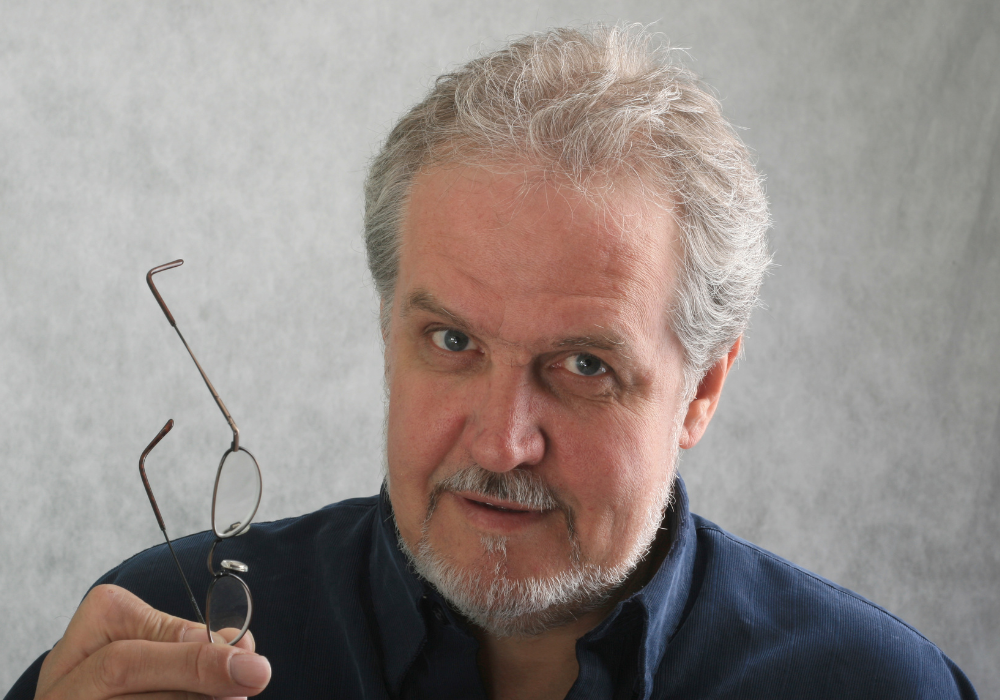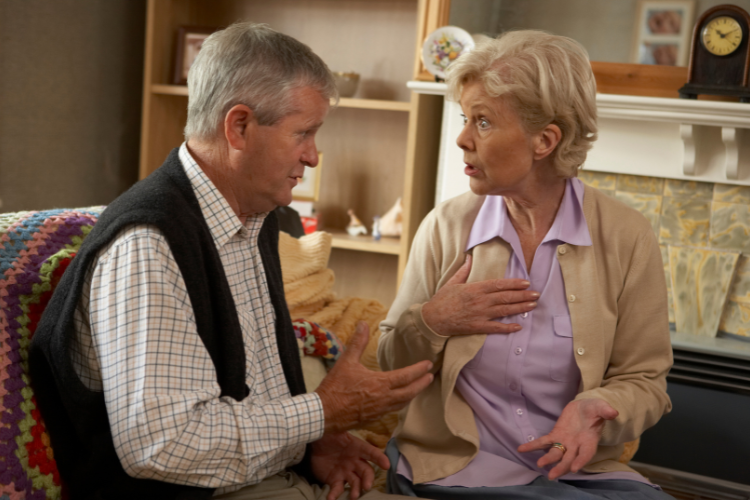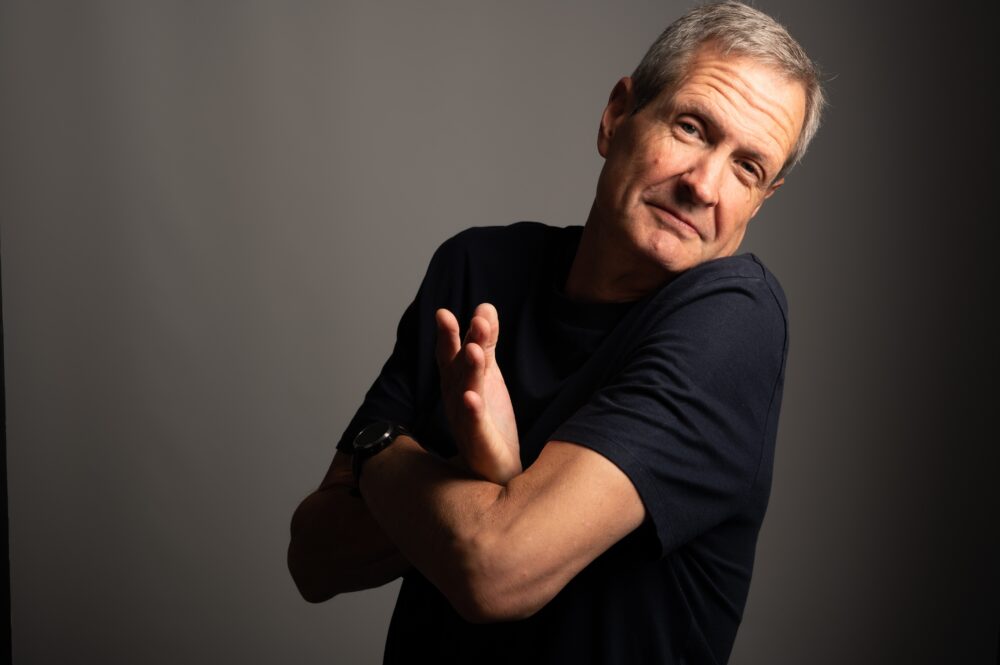What if climate deniers actually know the truth but refuse to face it?

Some people still say climate change isn’t real—even as they swelter in record-breaking heat or evacuate from historic floods. It’s not about a lack of evidence. It’s about psychology, identity, and good old-fashioned fear. Denying climate science has become a strange badge of honor in some circles, and once someone plants that flag, it’s hard to pull it out. You might think they just don’t know better—but the truth runs deeper.
Many climate deniers are clinging to something that feels safer than change. Understanding why they dig in so hard isn’t just helpful—it’s essential if we want to move the needle. This isn’t about winning an argument. It’s about cracking the code of resistance so we can finally have a real conversation. So what’s really going on inside the mind of a climate denier?
1. They fear losing their identity if they admit the science is real.

Climate denial often isn’t about facts—it’s about identity. For some people, especially those aligned with certain political or cultural groups, accepting climate change feels like betraying their tribe. It’s not just changing an opinion—it’s questioning who they are and what they stand for. That’s terrifying.
Imagine admitting everything you’ve said at the dinner table or posted online was wrong. That hits pride, reputation, and belonging all at once. So instead of pivoting, they double down. They dig in deeper to protect themselves from feeling exposed or alienated.
The climate issue becomes personal, emotional, and symbolic. That’s why facts alone rarely change minds. You’re not debating data—you’re challenging someone’s worldview, and that’s a whole different fight. Understanding that layer is key if we want to have productive conversations with people stuck in denial.
2. They think climate change is a political trick designed to control them.

For many deniers, climate change isn’t a scientific issue—it’s a political weapon. They’ve been told, over and over, that environmental policies are just smokescreens for government overreach. That makes them suspicious of anything labeled “green.” They see carbon taxes or regulations and think: “You’re trying to take my freedom.” The science gets wrapped up in fear about losing jobs, cars, or control.
And when they feel cornered, they assume there’s an agenda behind every chart or melting glacier. It’s not that they’ve reviewed the data and found it faulty—they’ve decided in advance that it must be a scam. It becomes about power, not evidence.
The challenge is separating genuine concern from conspiracy thinking. Until they stop seeing climate action as an attack, they won’t look at the science with anything close to an open mind.
3. They don’t trust the experts who are sounding the alarm.

There’s a growing distrust of institutions, and climate scientists get lumped in with “the elites.” For some people, being skeptical of experts has become its own kind of virtue—a sign that you’re not easily fooled. They might not even understand the science, but they’ve decided they won’t be talked down to by someone with a PhD.
That resistance gets worse when the experts appear on TV or in government hearings—it feels scripted or distant. So when scientists talk about emissions or tipping points, it sounds like noise.
These folks aren’t rejecting the data—they’re rejecting the people delivering it. To them, it feels like another lecture from someone out of touch. And the more urgent the warnings get, the more they tune out. If we want to reach them, we have to repair that trust first.
4. They genuinely believe the climate has always changed naturally.

This argument sounds reasonable at first—yes, Earth’s climate has shifted over millions of years. But this misunderstanding gives people a false sense of security. Deniers often cling to the idea that because climate change is “natural,” there’s no need to worry. It’s a comforting narrative. It means they don’t have to change anything about how they live, vote, or think.
They ignore the fact that the speed and scale of today’s warming is unprecedented—and caused by us. But the natural-change theory lets them shrug off responsibility. It also gives them a talking point to throw around when challenged.
They’re not anti-science, they claim—they just believe in “historical patterns.” Unfortunately, that belief keeps them from seeing just how dangerously different this moment really is.
5. They feel overwhelmed and powerless, so denial feels safer.

It’s hard to look at the scope of the climate crisis without feeling anxious—or even paralyzed. Some people deal with that fear by going into full shutdown mode. They’ll tell you it’s not real, not urgent, or not their problem.
That kind of emotional numbing is a survival instinct. If you feel like nothing you do matters, it’s easier to deny the problem than face it. Denial becomes a coping mechanism.
And the more frightening the headlines get, the deeper they retreat. They’re not stupid or selfish—they’re overwhelmed. If we want to reach these folks, we can’t just scare them into action. We have to show them that change is possible, doable, and even empowering. Hope, not fear, might be the only way to pull them out of the fog.
6. They’ve been misled by a nonstop stream of disinformation.

Climate denial isn’t born in a vacuum—it’s carefully manufactured. Fossil fuel interests, certain media outlets, and fringe influencers have spent decades planting doubt. And once someone’s heard the same lie a few dozen times, it starts to feel like truth. A snarky meme, a cherry-picked chart, or a viral video can do a lot of damage. It creates just enough uncertainty to keep people stuck.
They think, “Well, both sides have points,” even when one side is clearly grounded in science. That false balance keeps denial alive. And algorithms don’t help—social media feeds people more of what they already believe.
Undoing that web of disinformation takes more than a fact-check. It takes persistence, empathy, and honest conversations. You can’t shame someone out of a rabbit hole—they need a hand to climb out.
7. They associate environmentalism with privilege and elitism.

Some deniers feel like the whole climate conversation is for rich people with Teslas and solar panels. They hear “cut your carbon footprint” and think, “That’s easy for you to say.” If you’re working two jobs or barely affording rent, climate action can feel like a luxury issue.
They resent being told to eat organic or ditch their gas car when they can’t afford basic groceries. That resentment gets twisted into opposition. They think climate change is just another cause pushed by the out-of-touch elite.
So they roll their eyes, tune out, and dig in. But climate action doesn’t have to be elitist—it can be about fairness, community, and common sense. To bring these folks on board, we have to meet them where they are—not lecture them from a mountaintop of privilege.
8. They see environmental regulations as threats to their livelihood.

For people in fossil fuel industries or rural communities, climate policy can feel like an economic threat. Jobs, income, and community identity are often tied to oil, gas, or coal. So when someone talks about “phasing out” those industries, it sounds like a personal attack.
That makes it easy to dismiss the science—it feels safer than imagining your livelihood being erased. Denial, in this case, is tied to survival. And when climate activists don’t acknowledge that fear, they lose trust.
If we want people in these communities to accept the facts, we need to offer real transitions—not just slogans. You can’t tell someone to let go of their paycheck without handing them something else. Until that happens, denial may feel like their only line of defense.
9. They believe climate change won’t affect them personally.

If you’ve never faced a wildfire, flood, or drought, climate change can feel like someone else’s problem. Deniers often point to normal weather in their hometowns as proof that everything’s fine. They think climate disasters only happen “over there.”
That false sense of insulation makes it easier to ignore the headlines. But climate change doesn’t work like that—it’s a slow, global unraveling that eventually touches everyone.
The grocery bill goes up, insurance premiums skyrocket, or the water supply runs low. It creeps into daily life in ways they don’t expect. But by the time it feels personal, the damage may be done. Getting them to connect the dots earlier—not when it hits their doorstep—is the real challenge.
